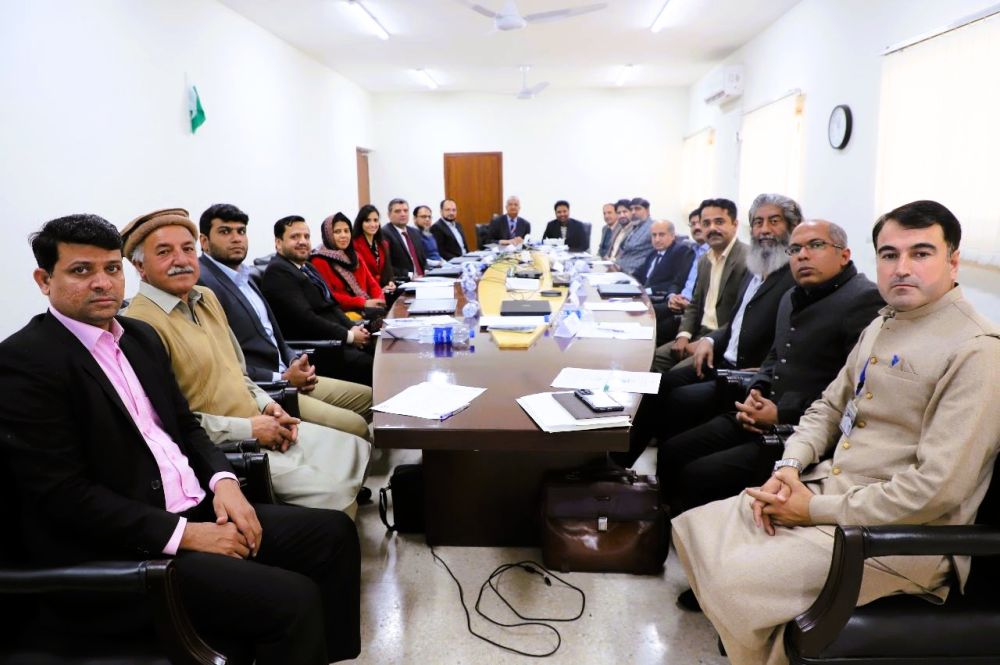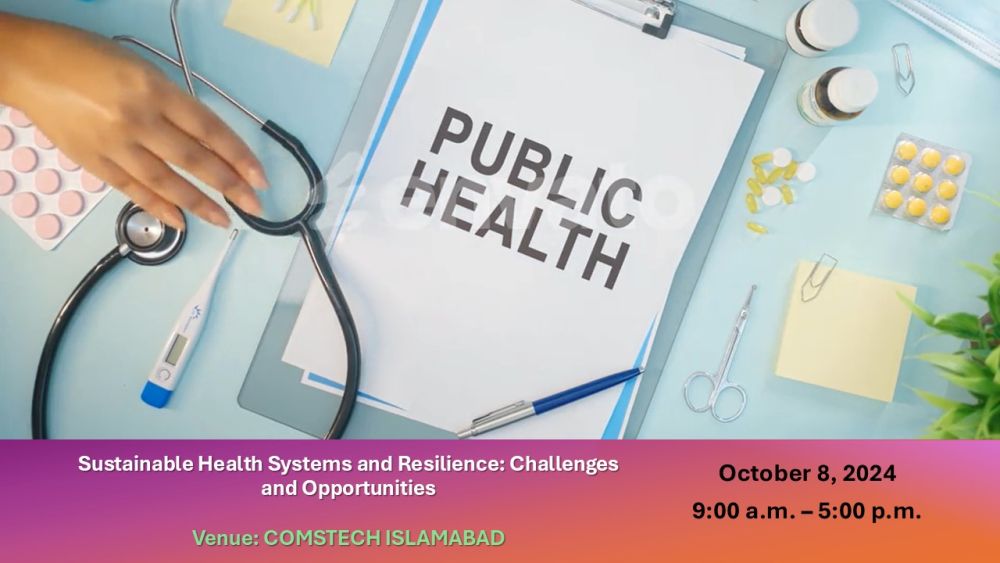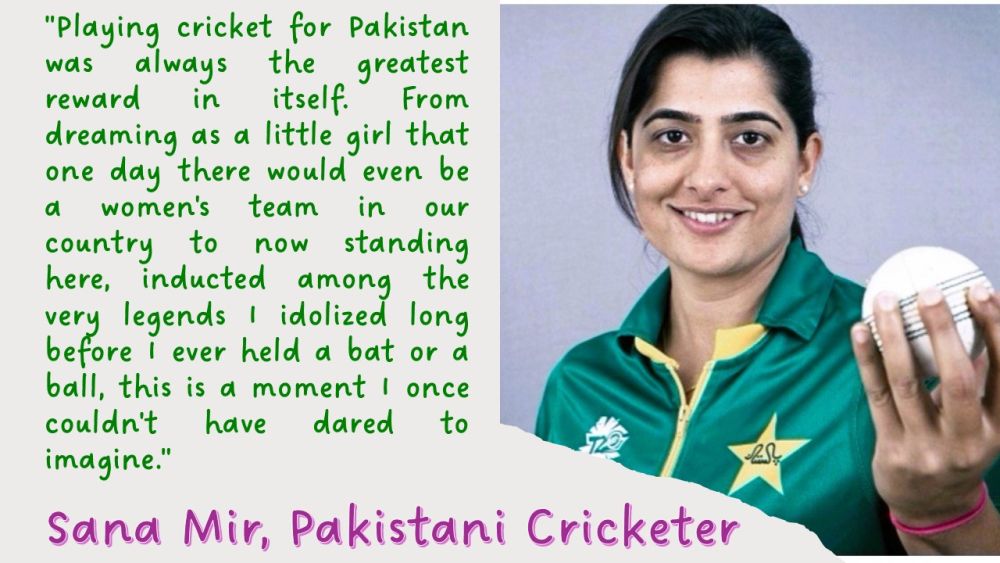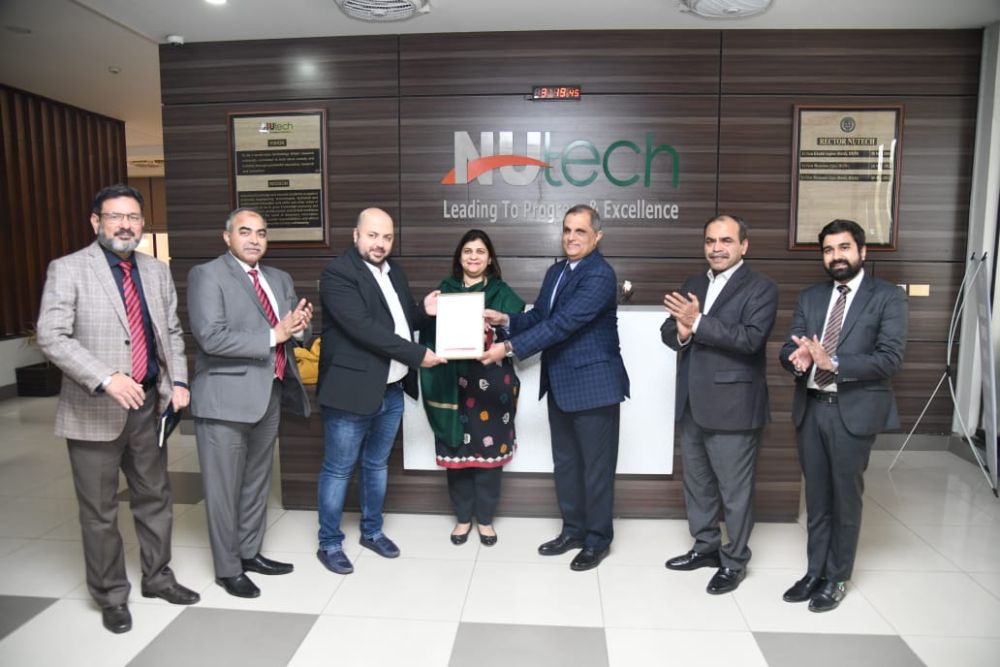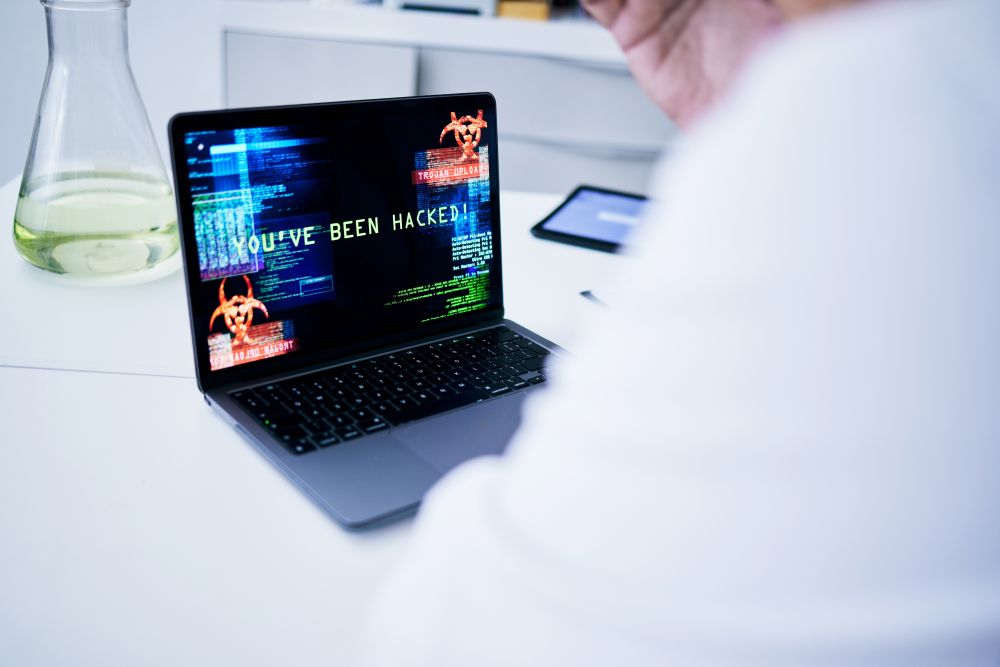The Skills Revolution: Crafting a Generative Workforce - Online Conference
Posted 7 months ago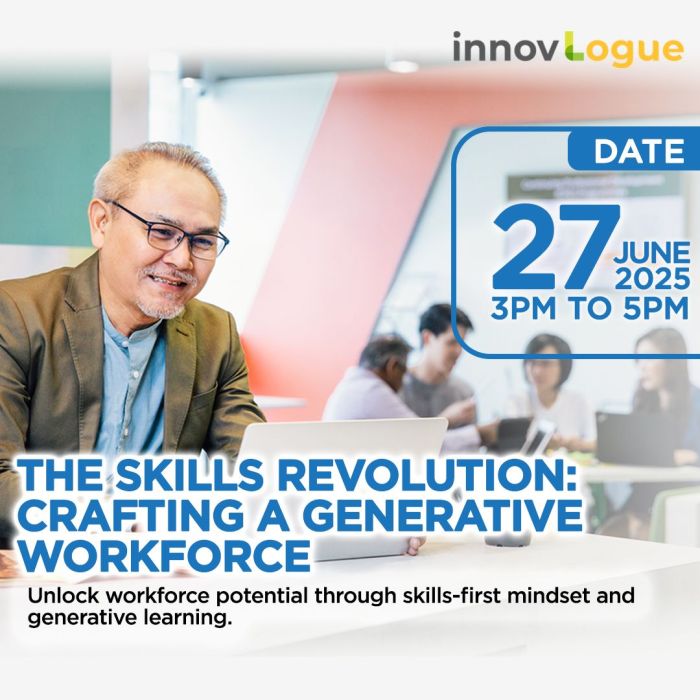
Link to Register for this conference is
The world is changing faster than ever, and that's exciting. New technologies, ideas, and ways of working are popping up all around us. However, the real power behind this change isn't machines but people. We're living through a 'skills revolution,' where learning new things and thinking in fresh ways will not only shape the future but also offer immense personal growth and fulfillment. It's not just about keeping up anymore; it's about stepping up. With the right skills, anyone can contribute to building a better, fairer, and more creative world.
Across industries, traditional job roles are fading while new ones emerge overnight. A generative workforce is one that not only adapts but also actively shapes this change. It combines technical capability with critical thinking, empathy, and entrepreneurship. This is not about coding boot camps or robotic process automation. It is about embedding problem-solving into the cultural DNA of work itself.
The world is witnessing an urgent shift from skills acquisition to skills orchestration. The most dynamic economies today are those investing in lifelong learning ecosystems, flexible certifications, and digital literacy for all.
From Europe to Southeast Asia, micro-credentials and transdisciplinary programs are enabling plumbers to transition into energy consultants and healthcare workers to become digital health designers. This is the architecture of the generative workforce.
But technology alone won't do it. At the heart of this revolution lies a human agenda: the capacity to learn, unlearn, and relearn. Employers must become learning hubs, not just workplaces. Governments must rethink policy as a platform, not a prescription. Educational leaders must be brave enough to break down the silos that once made knowledge exclusive.
The skills revolution is not just about employment. It's about empowerment. When individuals can generate ideas, solutions, and social impact, societies become more equitable, innovative, and better prepared for the unknown. The challenge is enormous, but so is the opportunity. It's a responsibility we all share to ensure that this revolution leads to a more equitable society.
The world doesn't need just more jobs. It requires more purpose-driven people with the skills to build, repair, and regenerate.
And that begins now.

